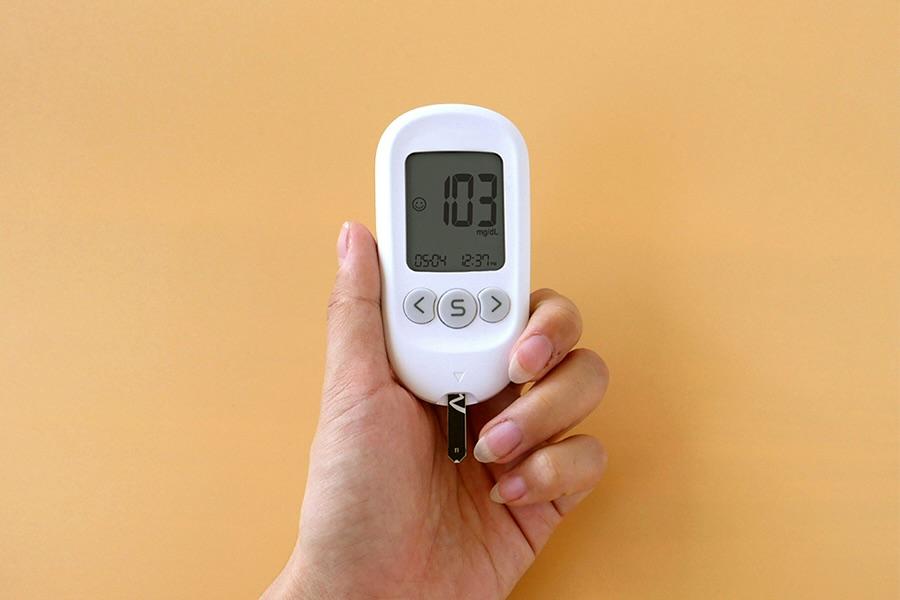Your blood sugar level will be checked when you register and then again during several prenatal visits. Gestational diabetes is when your blood sugar level rises during pregnancy. You will most likely not notice yourself that your levels have increased. Instead, this will be detected during a routine prenatal checkup. Typical symptoms include:
- Thirstier than normal.
- A need to urinate more frequently than normal and larger volumes.
- A greater sense of fatigue (more than normal pregnancy fatigue).
During your second trimester, you will be given a glucose challenge, or glucose screening test, to make a definite diagnosis. A glucose challenge test means that you drink a sugary solution and samples of your blood will be taken to check your levels.
If the result of the test is higher than expected in pregnancy, you will be diagnosed with gestational diabetes. Usually, dietary recommendations and regular exercise are all that are necessary. You will receive help and support with the necessary teaching and treatment. Some women may need medications to help reach normal blood sugar levels. You will need to regularly monitor your glucose levels throughout the rest of your pregnancy. More frequent prenatal visits and additional ultrasound exams may also be performed to measure your wellbeing and baby’s growth.
For most women, gestational diabetes disappears after childbirth. You can reduce the risk of developing type 2 diabetes later in life by exercising, eating well and regularly. If you are worried you may be at risk, we highly recommend that you speak with your midwife or healthcare provider.
Source:
